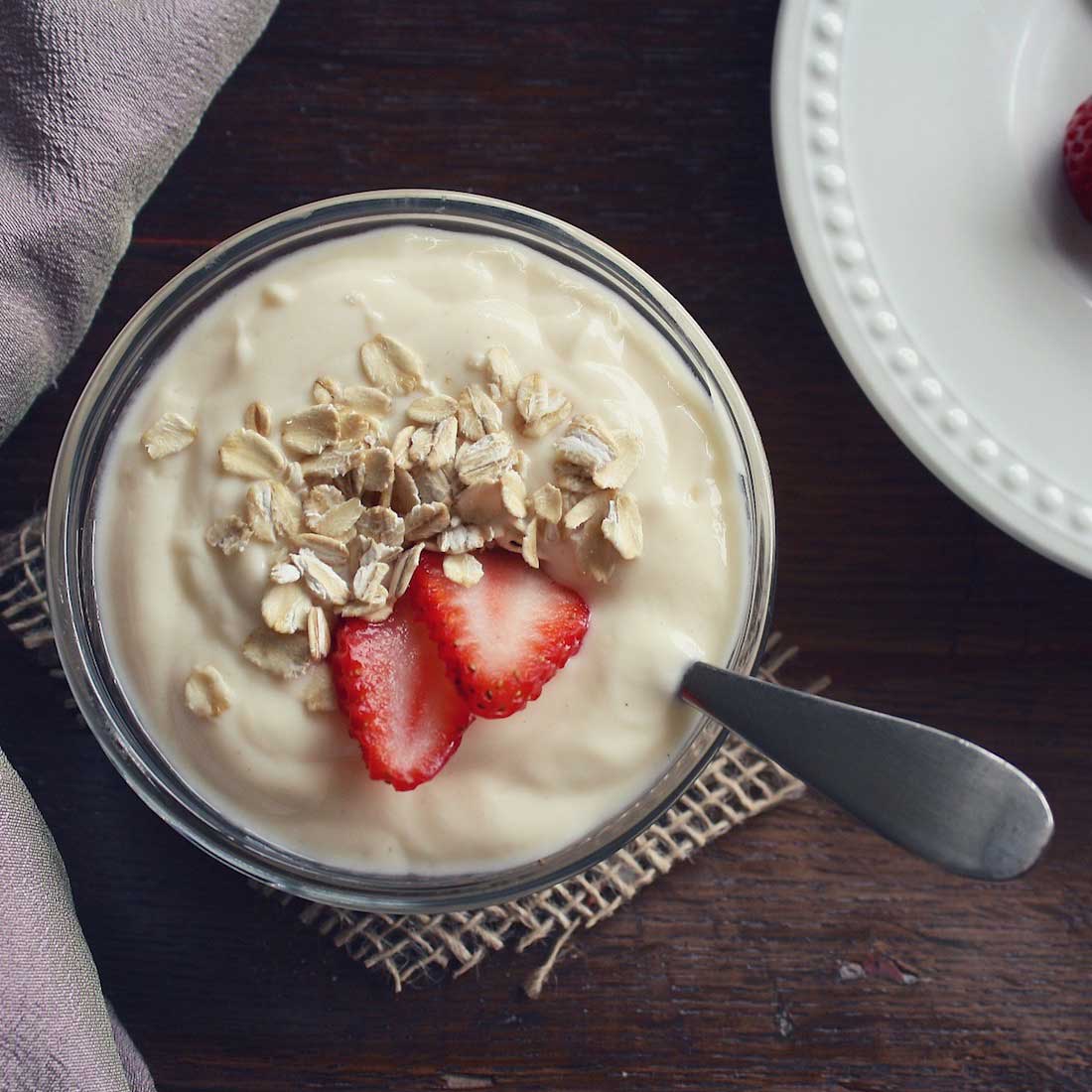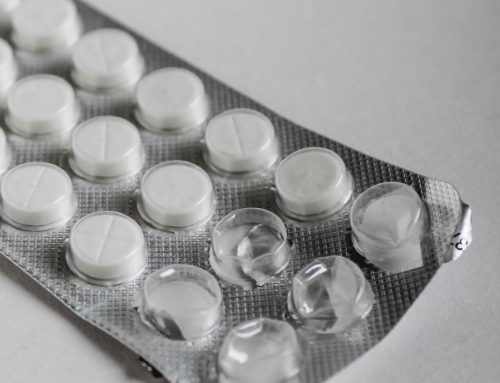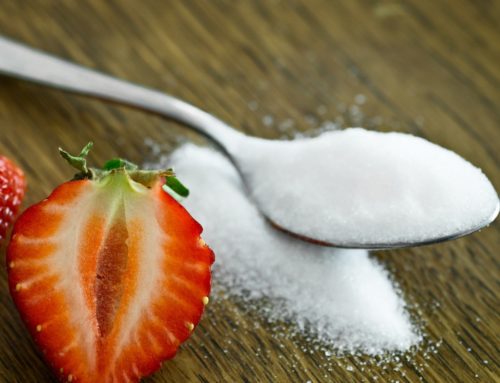The way you eat has a huge impact on your gut health.
Your gut does a lot for your body. It digests your food and absorbs the nutrients. It moves toxins and waste out through your bowel. It supports immunity with the help of your intestinal microbiome. It even helps to manufacture hormones, like serotonin which keeps you feeling happy.
The standard american diet (SAD) often falls short when it comes to gut health. This can affect your health in a few different ways. Firstly, it’s generally high in sugar. Too much sugar suppresses the immune system and encourages an overgrowth of bad bacteria and candida albicans, a yeast in the microbiome of your intestines.
Secondly, it’s generally high in processed foods, and unhealthy fats that promote inflammation. Inflammation in the gut can disrupt the gut’s ability to properly break down food and absorb the nutrients that it needs.
Thirdly, it contains a lot of common allergens, such as corn, gluten and soy, which can be found in the majority of processed foods at the grocery store. Food allergens aren’t an issue if you’re not allergic, but many people have food allergies, sensitivities and intolerances that they aren’t aware of it. Food allergens can create digestive issues and impair nutrient absorption further.
Eating a healthy diet for gut health can help to ensure all these functions operate optimally. That means your absorbing the nutrients from your food, having regular healthy bowel movements to remove toxins and waste, and keeping your gut flora balanced.
To promote gut health you want to remove the processed foods, avoid allergens that don’t work for you personally, and reduce the amount of sugar in your diet. When you take these things out of your diet, you want to add in fresh whole foods, decrease inflammation and nourish the microbiome by feeding the good bacteria in your gut.
5 Rules to Eating for Gut Health
1. Eat a mostly plant-based diet
A diet rich in vegetables, fruit, and whole grains is a naturally fiber rich diet. Trade in processed foods for meals including brown rice, quinoa, beans and lots of leafy greens and vegetables. Plant foods are a great source of micro-nutrients and enzymes helping them to digest quickly and easily for most people.
2. Choose anti-inflammatory foods
Certain foods have potent anti-inflammatory benefits that can help to sooth inflammation in the gut. Reducing inflammation can help your gut heal and more readily absorb the nutrients you give it with through diet and supplementation. Following an anti-inflammatory diet as a whole, plus including foods like turmeric, ginger, and omega-3 rich foods like fish or flax, can help to sooth inflamed tissues.
3. Include fiber
Fiber plays a hugely important role in detoxification. It helps to collect waste and retain water for healthy regular bowel movements. Toxins are stored in your waste, but without regular bowel movements, these toxins can be reabsorbed by the body. Eating a high fiber diet is recommended in general, but other high fiber foods like flax, chia or psyllium can be added to help bulk stool and encourage detoxification from the colon. Don’t forget to also drink plenty of water with fiber to help it do its job and prevent constipation.
4. Eat fermented foods
Years ago eating fermented foods regularly was normal. But nowadays, many people don’t include any fermented foods in their diet. Fermentation helps to predigest a food in a probiotic rich environment. Your gut loves probiotics. They’re the good bacteria that help your immune system, and help to keep the microbiome balanced. Eating more fermented foods helps to supply your intestinal tracts with a healthy dose of probiotics. Try adding fermented foods like sauerkraut, kimchi or organic kefir to your diet.
5. Try gut healing foods
There are a few foods that are more likely to heal the tissues and lining of the intestinal tract. Including these foods in your diet can help to heal inflammation, malabsorption issues or damaged tissue in the gut. Try adding bone broth to your diet. It’s rich in minerals, and gelatin that helps to heal the gut lining 1. Aloe vera is another option that can be added to your diet in the form of gel or juice. Aloe juice can be drank, or you can add the gel from a whole leaf of aloe to a pitcher of water to encourage intestinal healing2.
Chew on this
The foods you eat can affect the health of your gut both positively and negatively. Unhealthy foods can promote inflammation and alter the balance of the microbiome. Healthy foods can help your body detox plus heal the walls of the intestines.
Getting enough fiber is key. Fiber not only helps to detox the colon, but it acts as a prebiotic to the good bacteria of your gut. Chia seeds are a great source of fiber. They’re also a good source of omega-3 fats which help to reduce inflammation. Try adding them to your oatmeal or smoothies for breakfast.




